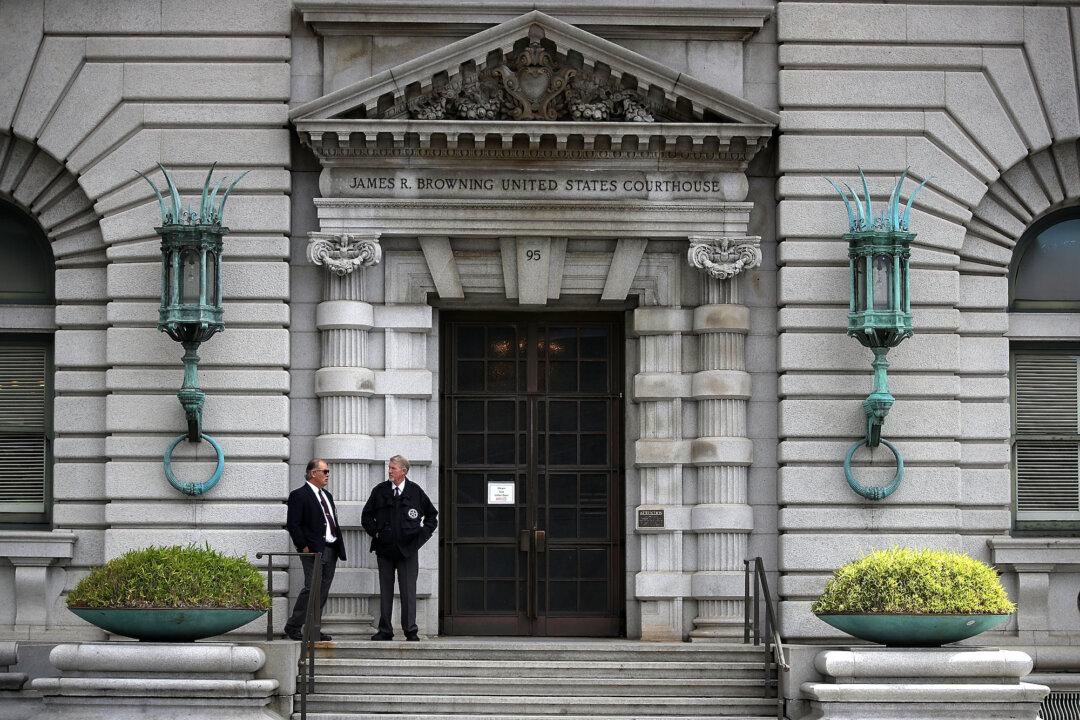Commentary
Unrestrained by the strictures of the U.S. Constitution, judges in the 9th U.S. Circuit Court of Appeals have wrested so much lawmaking authority away from the people’s elected representatives in Congress that they are now rewriting U.S. immigration law by judicial fiat, conservative critics say.





